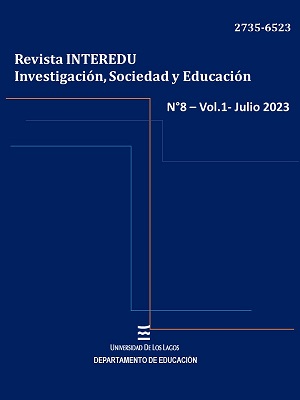Inclusive processes for Chilean and Colombian deaf students. A glance from support professionals
Main Article Content
Abstract
This article aims to describe the inclusive processes for deaf students education in Chilean and Colombian classrooms from the eyes of support professionals and deaf students. This is a qualitative-exploratory research with phenomenological design, which have involved 60 participants in total: Differential/Special Education teachers, speech-therapists for education, interpreters, co-educators/language models, and deaf students. The strategy for data collection used was focus groups, led by a Chilean-Colombian research team. The results have been organized into 3 categories: strategies, linguistic-communicative skills, and cognitive skills with their respective dimensions that account for the inclusion process, from the perspective of deaf professionals and students. It is concluded that both countries emphasize on strategies that aim at interdisciplinary collaborative work, development of sign language in students, as well as in support professionals, and the development of their cognitive processes, to be used in their classrooms with deaf students, in this manner, account with the process of inclusion of cultural and linguistic minorities.
Article Details

This work is licensed under a Creative Commons Attribution-NonCommercial 4.0 International License.
